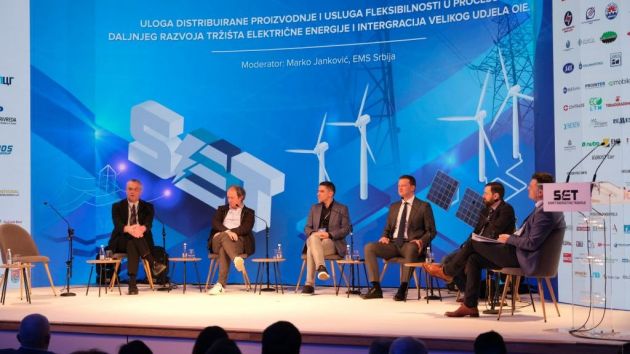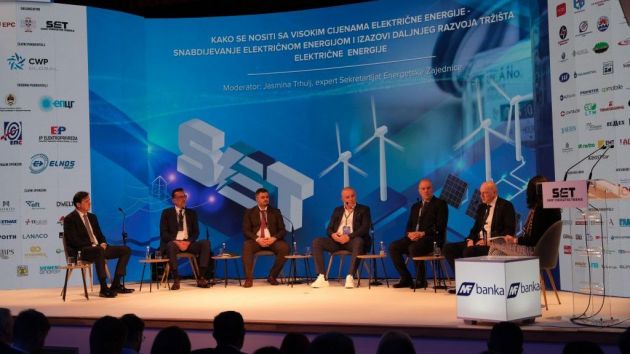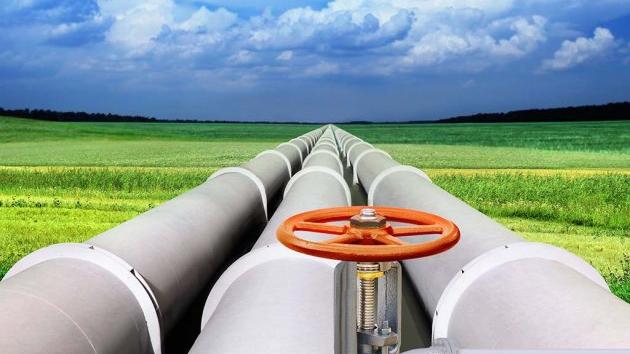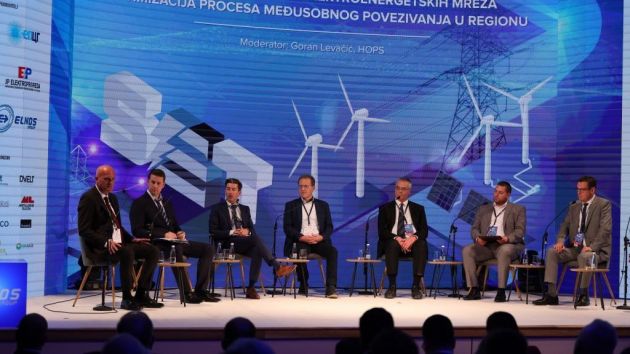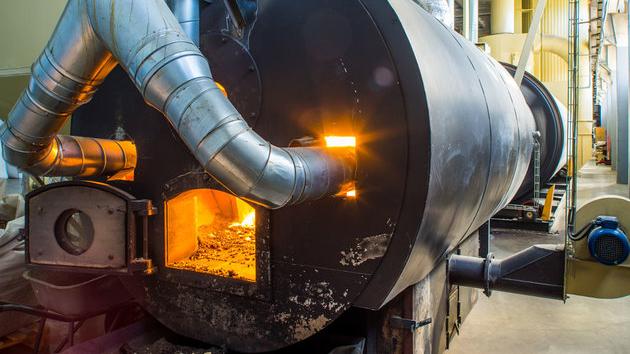Home Heating not to be Just Biomass-Based ŌĆō Integration of Several Energy Sources in Heating of Cities to Follow
 Thursday, 10.06.2021.
Thursday, 10.06.2021.
 13:35
13:35

As he clarified, district heating systems are looking at the process of a synergy of several energy sources, as well as the fact that there is a great opportunity for a district heating system to store surplus green energy.
He also said that, by adopting new energy laws, Serbia had recognized the importance of the sector and the question of the future of heating in cities.
ŌĆō The most important thing is that the state has affirmed the investments in district heating systems, so now we have financial and non-financial incentives for the integration of RES in the heating system. Of course, the urban planning aspect will be taken into consideration as well, that is, the importance of the fact that no parallel energy infrastructure in being implemented, but a smart network planning. Local self-governments will need to have strategies of transformation of the existing systems into modern, sustainable and hybrid systems, which will be capable of using surplus energy. Cities will be able to use heat from the industry, biomass, geothermal capacities and so onŌĆ” It is very important for the heating pipeline network to develop ŌĆō Macura emphasized.
He cited the example of Novi Sad, which has the heating coverage quotient of over 75%, which, he says, is the result of years of work and the vision, so it is easier for them to pump in various energy sources in such a system.
His colleague from Poslovno udruzenje ŌĆ£Toplane SrbijeŌĆØ, Dejan Stojanovic, said that the biggest problem in establishing efficient systems of district heating were conflicts between the national and the local level. For that reason, he says, it is important for the tariffs to be set at a state level.
ŌĆō With the new law on RES and energy, Serbia is the first one in the region and beyond to enable incentive tariffs in the production of heating energy, which will be mandatory for local self-governments, and also incentives for the procurement of equipment. It is very important to set the tariffs, because, otherwise, we canŌĆÖt include the private sector in this process. It has turned out that, so far, weŌĆÖve had market prices, non-regulated and subject to political concerns. Also, it is important to emphasize that district heating systems do not have to be just biomass-based. ThereŌĆÖs also solar energy, waste heat from other systems etc. ŌĆō said Stojanovic.
He also said that it was good that the new law would define the zones of heating pipeline networks in Serbia and harmonize them on a national level.
Integrated regulations come first
All the processes related to the district heating systems in the countries of the region are supervised by the Energy Community, because the EU has clearly set the directive on the importance of district heating for the process of decarbonization and the great potential of integrating RES in such systems. Success will depend on political will, according to Biljana Grbic of the Energy Community Secretariat.
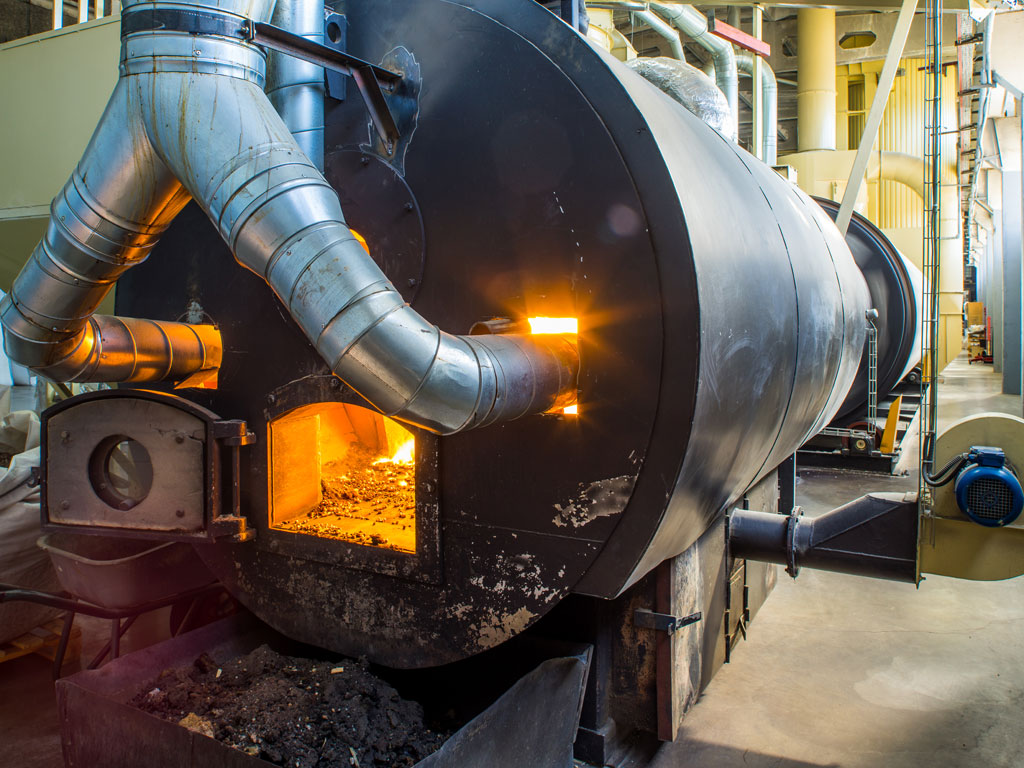
Another topic, she says, are the tariffs.
ŌĆō The price of heating does not follow the price of energy sources and that is a problem. Heating plants canŌĆÖt make up for all their costs and itŌĆÖs apparent there that district heating needs to be reformed. Not just a transition from fossil fuels to RES, but a systematic reform. Each state needs to have a regulatory framework at state level. Serbia is now to get regulations for all heating plants and some issues need to be solved uniformly.
Grbic pointed out that there was also a directive from the EU to increase the share of RES in heating systems by 1% and that the countries would have to move in that direction. The share of RES in heating systems in Serbia is now 0.004%. Furthermore, there will be an obligation to inform the consumers about the share of RES.
Ecological heating of Banjaluka
A successful transition to biomass as an energy source for district heating took place in Banjaluka, which carried out the process with the help of the IEE company and the expertise and help of the EBRD. The Eko Toplane Banjaluka system is now 99% decarbonized, and 1% from the coal is used to compensate for temperature peaks, as clarified by Dejan Jovisevic, the manager at the company.
ŌĆō When we initiated the process in 2017, it was the first project in that field that was based on a public-private partnership. Biomass turned out to be the most adequate energy source. Now, in addition to biomass, we are considering the implementation of other sources of energy as well and we are heading toward the integration of several different energy sources ŌĆō he said.
Jovisevic said that, together with the EBRD, they were working on a project of including a heating pump in this system, in order to use waste water from a system in Banjaluka and integrate that energy into district heating. They are also considering an integration of solar and geothermal energy.
The Trebinje Energy Summit SET 2021 was organized by Elektroprivreda RS and the SET company on May 20-21, under the aegis of the Ministry of Foreign Trade and Economic Relations of BiH, the Government of the Republic of Srpska and the Koncar company, with the general sponsorship of Elnos Group and the support of Infinity Group and Dwelt.
The eKapija portal is the media sponsor of the 2021 Trebinje Energy Summit.
Teodora Brnjos
Na┼Ī izbor

SET 2023: The price of fuel in 2026 will be so high, that everyone will want to drive electric cars Energy, Industry, Transport
Most Important News
11.03.2024. | Healthcare
Are Marketing Experts Reading Our Minds? ŌĆō eKapija Investigates: What Neuromarketing Is and How Much It Is Used in Serbia

11.03.2024. | Construction, Transport
Tender for Continuation of Construction of Patrijarha Pavla Blvd Stopped ŌĆō Contractors Demanding Price Higher Than Estimated
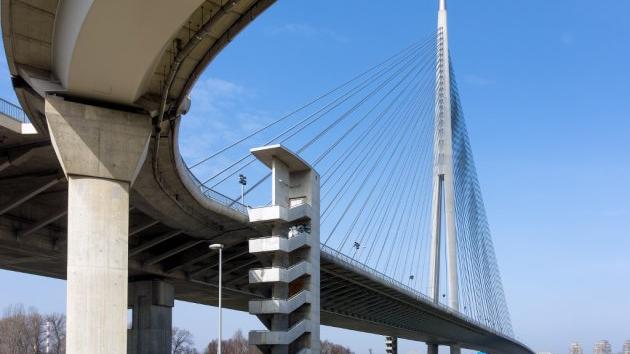
11.03.2024. | Construction, Transport
11.03.2024. | Construction, IT, Telecommunications
Auction for 5G Network by End-Year, Minister Announces

11.03.2024. | Construction, IT, Telecommunications
15.04.2024. | Energy, Industry
Vinca Solid Waste Management Center to start producing heating and electrical energy in the next month

15.04.2024. | Energy, Industry
17.01.2024. | Industry, Healthcare
Ceremony of Opening of Centers of Excellence in Kragujevac Planned for Spring ŌĆō Official Beginning of Operations in June
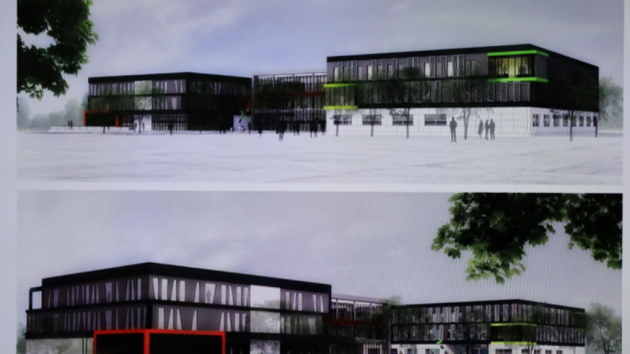
17.01.2024. | Industry, Healthcare
15.04.2024. | Construction, Transport, Finance
City approves signing of agreement with Ministry of Economy and BAS on continuation of financing of project of new bus station ŌĆō EUR 20 million over two years
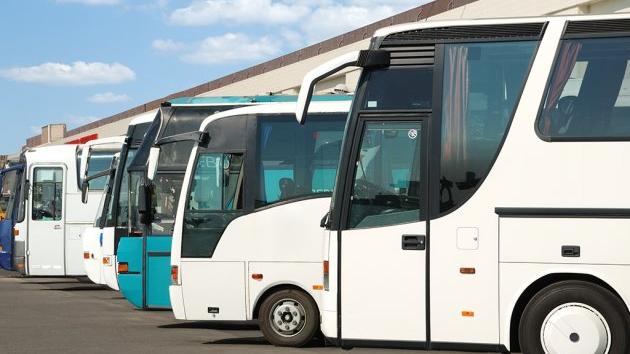
15.04.2024. | Construction, Transport, Finance


 Izdanje Srbija
Izdanje Srbija Serbische Ausgabe
Serbische Ausgabe Izdanje BiH
Izdanje BiH Izdanje Crna Gora
Izdanje Crna Gora


 News
News







